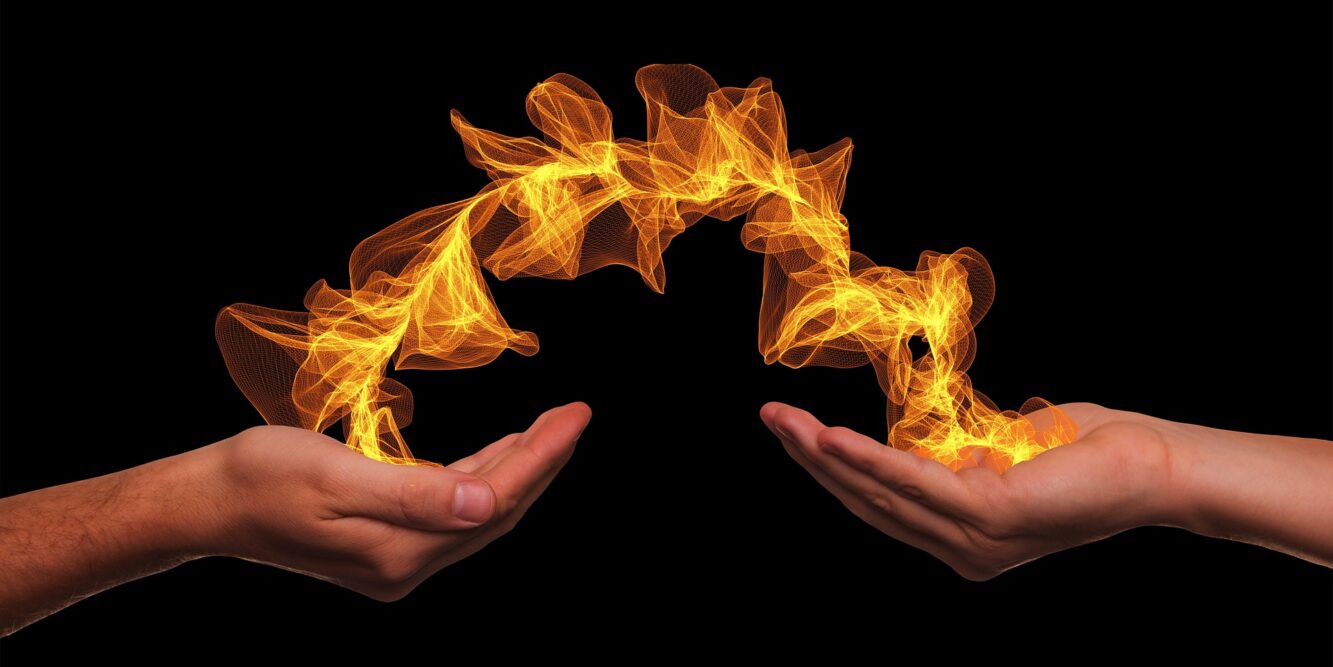When I first learnt about the ‘Wounded Healer’ theory, it made complete sense to me. Having been through a mental breakdown myself, and hitting rock bottom, I remembered coming through the other side and just having complete compassion and empathy for everyone, and wanting to go help as many people as I could.
The wounded healer archetype is a term coined by Swiss psychiatrist Carl Jung.
The idea states that an analyst is compelled to treat patients because the analyst himself is “wounded.” The idea has Greek mythology origins. Chiron, the Centaur, was wounded by an arrow from Heracles’ bow. He did not die (because gods are immortal); instead, he suffered excruciating pain for the rest of his eternal days. It was because of his grievous wound that Chiron became known as a legendary healer in ancient Greece.
And Plato, the father of Western philosophy, stated that the most skilful physicians, rather than being models of good health, are those who have suffered from all sorts of illnesses.
Wounded healers are often intuitive and insightful. By sharing their stories, they can help inspire others on their journeys.
Many of us in the helping professions are wounded healers. Psychiatrist Viktor Frankl, a survivor of a Nazi concentration camp, had his struggles and consequently helped others through his creation of logotherapy—a therapeutic approach to helping people find their life purpose. Frankl teaches us that, just like destiny or death, suffering is a fundamental human experience. For Frankl, if life has meaning, suffering must necessarily have meaning too.
Carl Jung proposed that therapists who had been wounded can provide their clients with a deeper empathy, patience, and acceptance. In fact, it’s our own hurt and pain that provide us with the power to heal others. Whether a healer or not, to be able to listen to other people’s stories, we must be able to be self-aware and learn how to listen deeply to our own stories.
Wounded healers don’t necessarily work in the helping professions. They can be found in many other vocations. They often have a tendency to make their family and friends feel better, especially when their loved ones experience challenging times. Because they’ve dealt with their own challenges in the past, they more easily understand hardship. They also know, like therapists, that to help others heal, it’s important to instill hope so the person is able to see the light in their darkness.
Often people can be wounded, but they don’t realise the magnitude until there is a trigger; a bereavement, a relationship breakdown, a loss, suddenly dealing with mental health challenges like depression.
So are you a wounded healer?
1. When you give other people advice, it feels like you are telling your younger self what you needed to hear. It’s this dynamic that makes you love to help others. Healing them heals you.
2. Since you were little, you’ve known that you wanted to help people. You may not have known how you were going to do it, but you were aware that you wouldn’t be happy unless your life amounted to service in some capacity.
3. You believe that without struggle, you cannot truly know happiness. You believe that there is a purpose in suffering, and that it is so we can see with complete clarity what it means to be at peace.
4. It’s hard not to let your work become your life. You give everything you have to what you do – and sometimes it’s hard for you to know when to draw a line. Your work is your life, but you wouldn’t have it any other way.
5. You sometimes help too much, and struggle to let people self-heal. You’ve learned the hard way that often, you can tell people the answer, but until they figure it out themselves, it won’t truly resonate.
6. Criticism feels particularly painful to you. As someone who has been deprived of love in some way, sometimes criticism can sting more than it should.
7. You are grateful for the difficulties you went through. You recognise that the most painful times in your life were the most deeply transformative; without them, you would not be who you are or where you are. They were necessary (and transitory).
8. You are always working on yourself. You are committed to self-growth, and you are always open to ways you could be more open-minded, more loving, or more aware.
9. You want to fix everything, sometimes to a fault. It’s hard for you to see the difference between being a perfectionist and being driven toward the life you want. You often blur the line between dedication and near-insanity.
10. You have a very sound sense of purpose. You know why you’re here, and you know what you’re here to do, even if it’s just be present and be as kind as you can.
11. You are able to find calm in the chaos.
12. Your life goal is to know that you helped even just one person, even just a little. You don’t have to save the world, and in fact, you don’t really care to. All you want to know is that you helped at least one person in their life. That, to you, is success.
“The more light we bring to the unconscious, the deeper the darkness of the unconscious becomes.” – Romanyshyn
In other words, the more we come to know, the more we come to understand what we don’t know.
Andrea x

